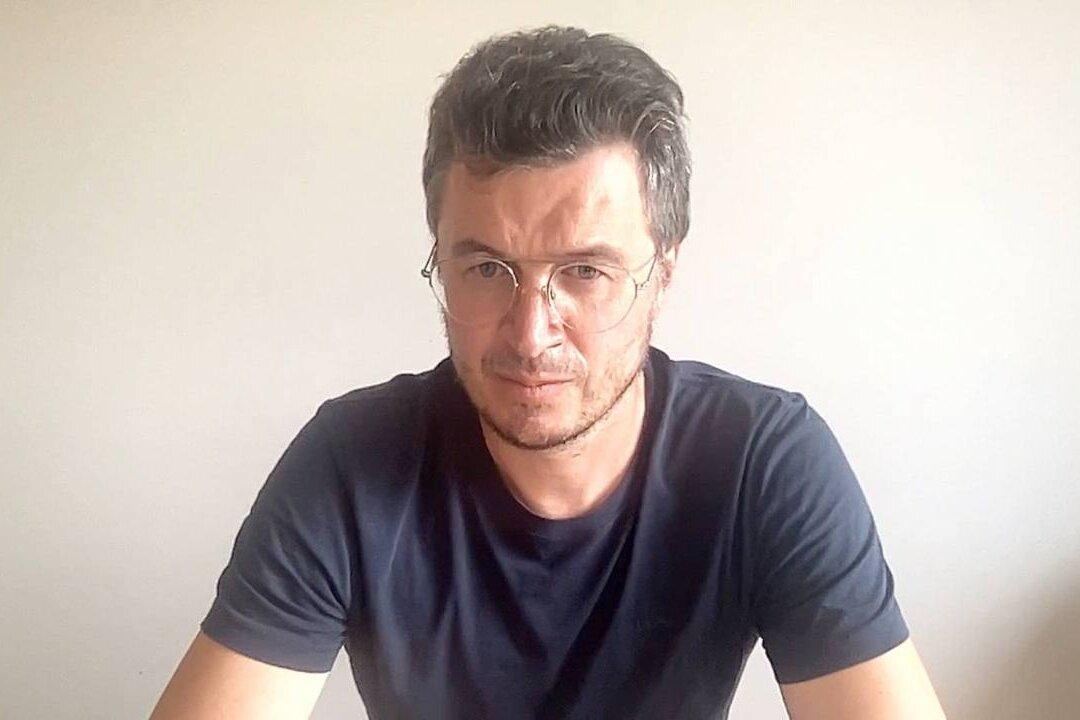Speaking out to articulate sincere and honest belief is the best way to break the social phenomenon known as mass formation, whereby many individuals believe in an unreasonable narrative but are unable to think critically of it, said Mattias Desmet, a professor of clinical psychology at Ghent University in Belgium.
A very important characteristic of mass formation is that people gripped by it become radically intolerant of dissonant voices to the point of committing atrocities against the people who disagree with them, including their own children, Desmet told EpochTV’s “Crossroads” program in an Aug. 18 interview.






